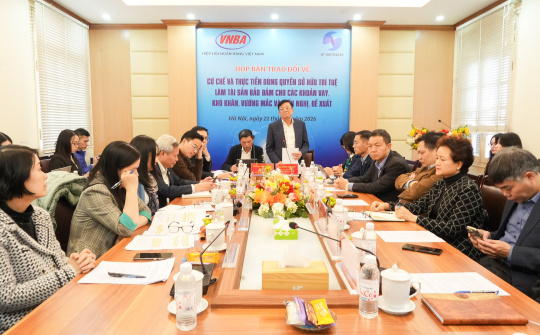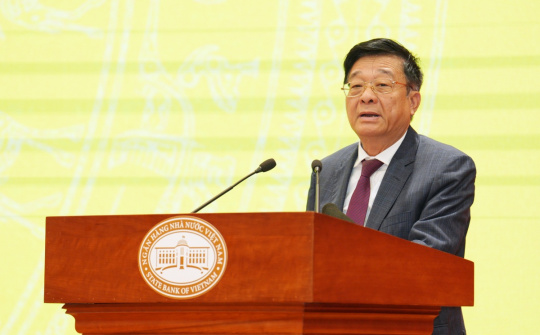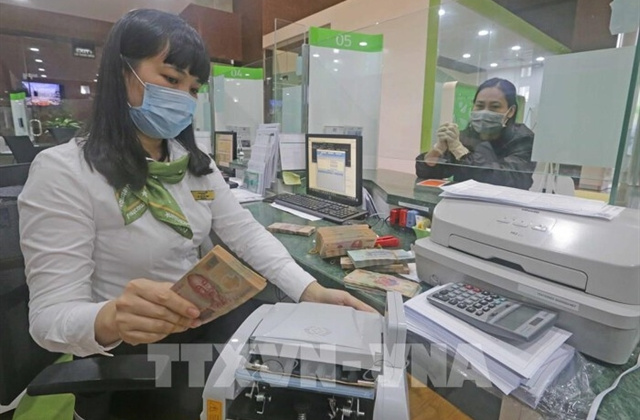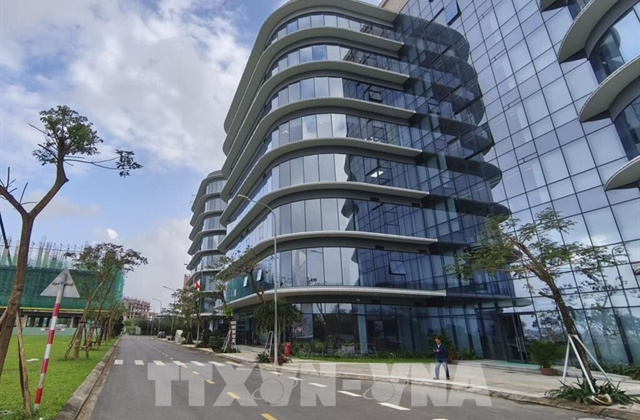The Forum was attended by Deputy Governor of the State Bank of Vietnam (SBV) Pham Thanh Ha, along with representatives of management agencies, financial institutions, technology enterprises, Vietnam banks Association and experts from Vietnam, the Asia-Pacific region, and Europe.
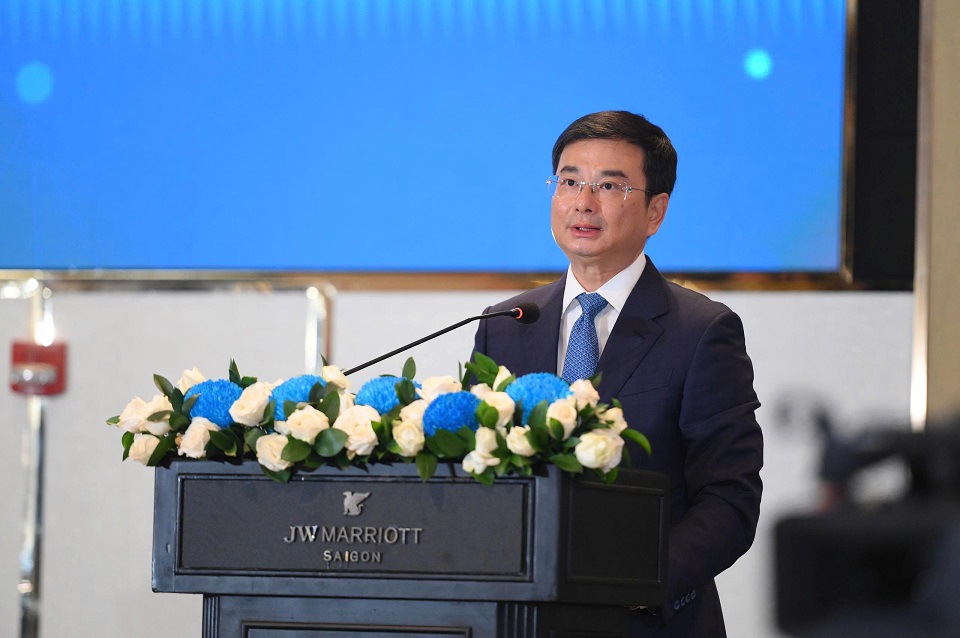
Deputy Governor of the State Bank of Vietnam (SBV) Pham Thanh Ha at the Forum
The Forum is organized to enhance policy dialogue and share international experiences in promoting financial inclusion associated with digital transformation, thereby contributing to shaping the future of digital financial inclusion in the region. The Forum aims to create opportunities for regulatory agencies, financial institutions and technology enterprises to discuss trends, opportunities and challenges in promoting digital financial inclusion; propose solutions to develop a safe, effective and sustainable digital financial ecosystem; and strengthen public-private cooperation to expand financial access for people and businesses, especially vulnerable groups.
Speaking at the opening of the Forum, Deputy Governor of the State Bank of Vietnam Pham Thanh Ha affirmed that comprehensive financial development is one of the strategic priorities of the Vietnamese Government, associated with the goal of inclusive growth and sustainable development. He emphasized that the implementation of the National Financial Inclusion Strategy to 2025, with a vision to 2030, according to Decision No. 149/QD-TTg dated January 22, 2020 of the Prime Minister, has created an important foundation to expand access to formal financial services for people and businesses.
The Deputy Governor said that after more than 5 years of implementing the Strategy, Vietnam has achieved many positive results: increasingly complete institutional and policy framework; strong development of payment infrastructure and service delivery network; more diverse digital financial products and services; and significantly improved access to finance for people, small and medium enterprises and vulnerable groups. Indicators on the proportion of adults with accounts and non-cash payments have increased rapidly, contributing to promoting digital transformation in the economy.
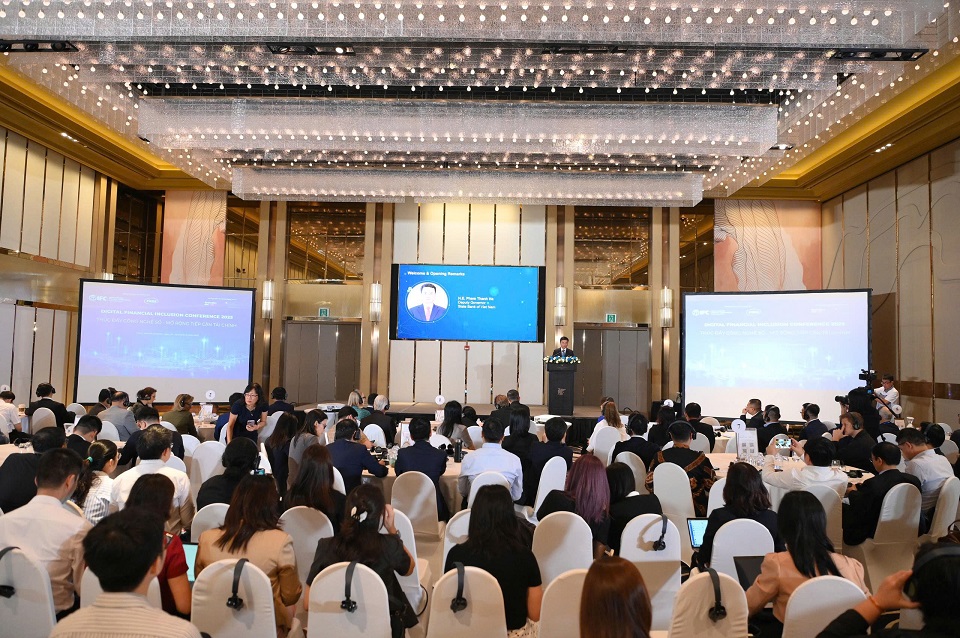
Forum panorama
The successful implementation of this Strategy stems from the consistent and synchronous policy of the Party and State on science and technology development, innovation and national digital transformation, thereby actively supporting the implementation of the goals of comprehensive finance. The Resolution of the 13th National Party Congress has identified digital transformation as one of three strategic breakthroughs, along with institutional improvement and human resource development. The Government has issued National Digital Transformation Programs with the goal of developing a digital government, digital economy and digital society. In the banking sector, the State Bank has proactively developed and implemented the Project on developing non-cash payments, the Digital Transformation Plan for the banking sector, and issued a favorable legal framework for the implementation of controlled testing mechanisms in the banking and financial sectors.
The Deputy Governor also pointed out a number of challenges such as the gap in digital infrastructure between regions, uneven financial literacy and cybersecurity risks. The Deputy Governor said that the State Bank is summarizing the Strategy for the 2020-2025 period and building the Strategy for the 2026-2030 period, focusing on promoting digital financial inclusion, considering technology, data and innovation as the top important breakthroughs to build an open, safe, sustainable and inclusive financial ecosystem, contributing to the realization of the country's socio-economic development goals.
Speaking at the Forum, Mr. Thomas Jacobs, IFC Country Director for Vietnam, Laos and Cambodia, affirmed: ““Digital finance is not only a great driving force for innovation, but also a key factor for comprehensive economic transformation. The combination of technology, legal framework and effective investment will help Vietnam develop a dynamic fintech sector, enhance competitiveness, support small and medium enterprises, encourage start-up projects, create quality jobs and bring financial services closer to all people.”.
Following the speeches of the delegates, the Forum held many lively thematic discussions, focusing on key topics such as: (i) Financial inclusion and digital finance; (ii) Transforming inclusive finance into financial health, emphasizing the role of commercial banks in supporting individual customers and small businesses; (iii) Optimizing data to expand financial access, exploiting open data and alternative data in credit scoring; (iv) Applying artificial intelligence and generative AI (GenAI) to improve access to financial services; (v) Promoting green finance and supporting unbanked populations in association with climate change adaptation post; and (vi) Developing digital credit infrastructure, embedded finance, capital mobilization and scaling up financial startups in emerging markets, towards building an open and sustainable financial ecosystem by 2030.
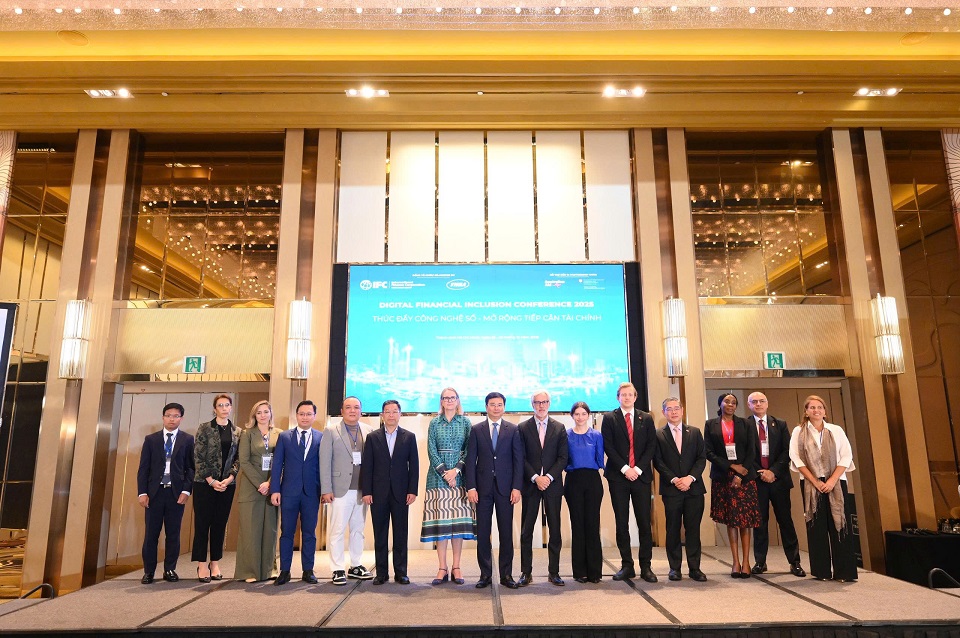
Delegates attending the Forum took a commemorative photo
At the discussion session, Mr. Chu Khanh Lan, Deputy Director of the Department of Forecasting, Statistics - Monetary and Financial Stability, SBV shared Vietnam's experience in promoting financial inclusion associated with digital transformation. He said that after more than 5 years of implementing the National Financial Inclusion Strategy, Vietnam has achieved remarkable progress in institutions, developing a modern and widespread financial service network, diversifying services and expanding financial access for people and businesses, thanks to the strong application of digital technology. The SBV representative affirmed that "technology and data" are the driving force to expand the scope and depth of financial inclusion, towards building an "open, safe, inclusive and sustainable financial ecosystem". He also emphasized the importance of developing shared data infrastructure, open finance and controlled testing mechanisms, considering this as a foundation for innovation, improving access to financial services, while ensuring financial stability and consumer protection.
The High-Level Forum on Promoting Digital Technology - Expanding Financial Access is expected to make practical contributions to the process of policy making, sharing initiatives and expanding international cooperation in the field of digital financial inclusion, towards an open - safe - inclusive - sustainable financial ecosystem for the prosperous development of the region and the world.
by VNBA News



